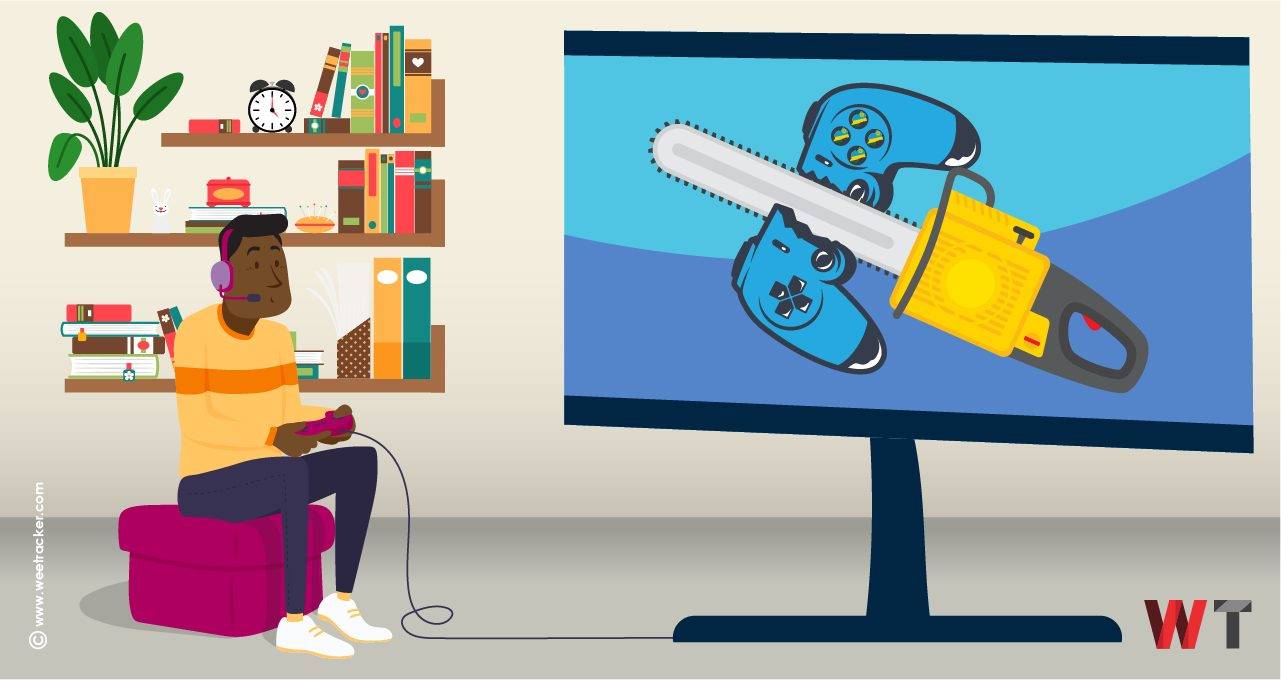In Rwanda, COVID-19’s Still Chainsawing The Gaming Sector

Barring South Africa, Rwanda is one of the handfuls of African countries that are still fiddling with coronavirus-inspired lockdowns. In fact, it has been more than a year since gaming outlets and sports betting stores last opened.
As such, every gaming-focused venture in town has been in limbo since the time the pandemic first hit Africa.
According to the Rwanda Gaming Association, over 5,000 direct and indirect workers in the sector have been put out of work since the restrictions started.
Players in the markets have been unable to pay their staff salaries, fulfill their rents, foot transportation, and cater to their nutritions as well as healthcare costs. The result? Scores of workers in the gaming sector have been furloughed.
More than 1,000 landlords of the offices where gaming ventures operate have lost their sources of income; an average of 300 million Rwandan Francs monthly. It’s quite the figure, but Rwanda’s gaming industry, though nascent, is promising. At least, according to the stats.
For the past several years, the East African country has been putting roughly USD 7.6 Mn in gross gaming revenues back into the economy. Rwanda is one of Africa’s smallest economies.
But the country has, in the last few years, developed a suggested reputation as the ideal African economic transformation model.
As the country turbocharges its economy—majorly by doubling down on tourism—Rwanda now seems (somewhat financially) ready to start establishing itself as a gaming hub in the East Africa and the entire continent.
However, the coronavirus situation turned the entire revolution on its end.
The drawbacks in Rwanda’s gaming sector are happening at a very critical time. According to Mordor Intelligence, Africa’s game-related sector will enjoy a CAGR of 12 percent from 2020 to 2025.
Also, from 2008 to 2012, the country’s gambling industry alone accumulated a gross sale of USD 61 Mn. For the same period and sector, operators collected a gross gaming revenue of USD 10.5 Mn.
It was only until early June that the government lifted the ban on weddings and similar gatherings, in a bid to inhibit the spread of the novel contagion. Players in the gaming sector called out for relief, especially as ventures in the space were not included in the Rwandan government’s USD 358 Mn Economic Recovery Fund.
Something else worsens the predicament: there’s hardly online gaming in Rwanda.
Because the majority of the gaming is offline, it’s the local gaming outlets, casinos, and sports betting stores that are cashing in on the industry. No wonder the Rwanda Gaming Association sent an SOS to the government for players in the sector for consideration for them to resume operations.
Considering that the gaming industry is a lot less likely to spread COVID-19 compared to the events and religious sectors, arrangements for these gaming firms ought to have been made by now. Some provisions, nevertheless, are reportedly being made to reopen gaming in Rwanda.
MINICOM (Rwanda’s Ministry of Trade and Industry) is believed to be drafting detailed guidelines on how gaming activities will resume, bringing some relief to pandemic-hit stakeholders and players.
There’s currently some steam in the African gaming market. Much of that brought attention to companies like Carry1st, which develops games and publishes for other developers.
However, mobile gaming is the rave in the continent, where there’s the world’s highest concentration of young people. There are over 200 million Africans aged 35 and under.
But the lack of sustainable internet connectivity creates a gap between African gaming and that of the rest of the world. In Rwanda, for instance, less than 10 percent of the approximately 13 million people in the country are connected to the internet.
To join the billion-dollar gaming opportunity, a seemingly fast-growing economy like Rwanda needs to revive its local gaming markets and prepare to digitize for the next few years, as is the growing practice across the continent.